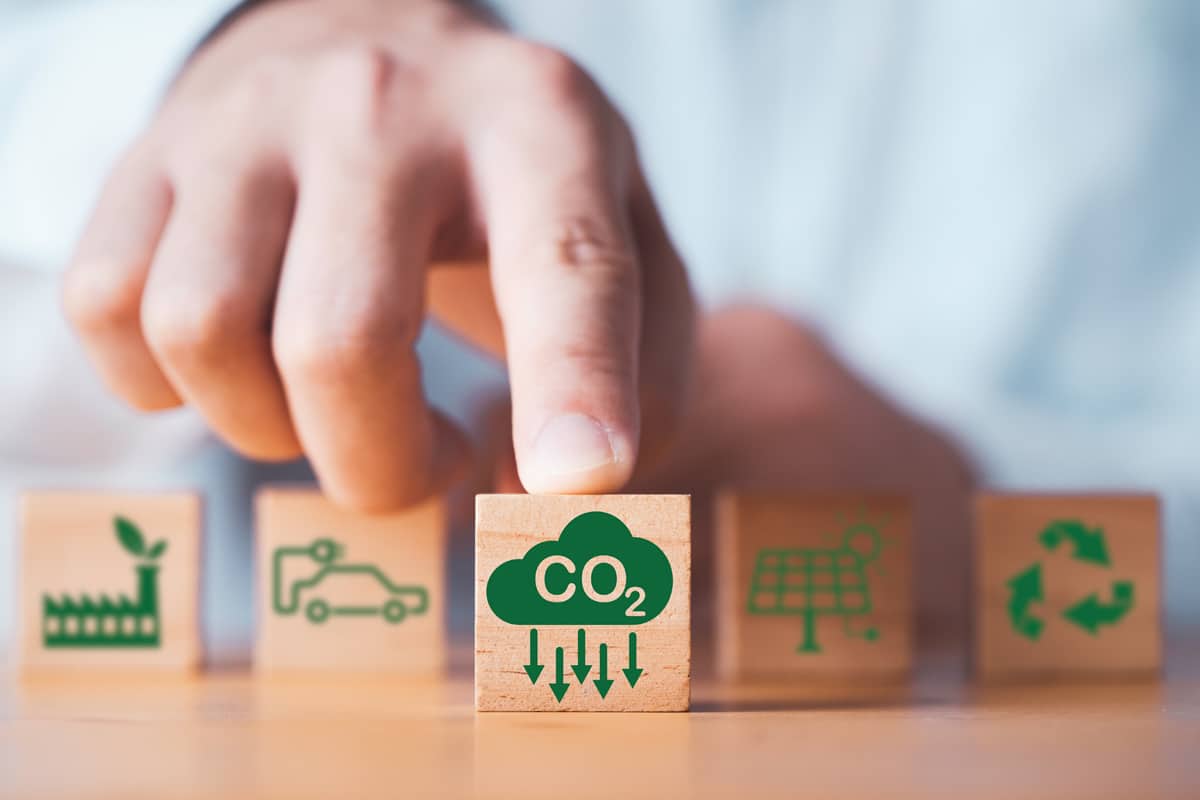In Short : COP28 defers carbon trading discussions as the EU blocks an agreement. The delay signals challenges in reaching consensus on carbon trading mechanisms, hindering progress in global climate negotiations.
In Detail : DUBAI : U.N. climate talks failed on Wednesday to seal a deal on new rules which would allow the launch of a central system for countries and companies to begin offsetting their carbon emissions and trading those offsets.
The European Union, Mexico and the Latin American Ailac bloc rejected a proposed deal, negotiated over two weeks at COP28, which would have set key rules for approving offset projects in a centralized United Nations-run system, two negotiators inside the closed-door technical talks told Reuters.
The United States was with a majority of countries that had pushed for the deal’s adoption, saying demands for stricter rules would be too onerous for many developing countries with limited means for overseeing and regulating projects.
“The U.S. and European Union have been at loggerheads” on the issue, said Dirk Forrister, president and CEO of the International Emissions Trading Association.
The EU wanted rules that put carbon offsets in line with the high standards set by the 27-member bloc’s own emissions trading system, three negotiators and observers who were closely following the talks told Reuters.
While the EU system does not use offsets, it effectively sets carbon prices by granting companies permission to emit.
The price for emitting one metric ton of carbon surged above 100 euros in the EU system earlier this year and is now trading at around 70 euros, LSEG futures market data shows.
Failure to reach a deal on Wednesday in Dubai means that eight years after the Paris Agreement provided for governments and companies to offset some of their emissions by paying for emissions-cutting projects elsewhere, trading has yet to begin.
“This is certainly a setback for carbon markets,” said Lina Barrera of Conservation International.
“Those interested in participating in the market won’t know what to expect, slowing the whole process of getting a market off the ground,” Barrera said.
The technical working groups will now need to begin negotiating again from scratch in 2024, with the next chance for a deal at COP29, in Azerbaijan in 2025.
TWIN-TRACK
Negotiations are following two parallel tracks – one to establish rules for a centralized system overseen by the United Nations, and one for bilateral trading between countries.
The EU had been pushing for rules that would hold parties to stringent standards and give the centralized oversight body less discretion in decision making. It also wanted additional oversight on the bilateral trading.
“If you move into a carbon market, if you’re into this type of business, it had better be verifiable, certifiable and transparent,” EU climate commissioner Wopke Hoekstra said.
“That is the very least our people all across the globe should be able to expect,” Hoekstra told Reuters on Saturday.
If the U.N.-run system were to launch with looser standards, the carbon prices set through that market would likely be lower than those in the EU, antagonizing European businesses that would be held to higher standards, experts said.
Negotiators and observers familiar with the talks said the EU was concerned that such a move could weaken its own system or discourage ambitious climate action.
The U.N.-led market for carbon offsets would also be separate, and run alongside, voluntary carbon markets, where companies can trade offsets to meet climate targets but are not legally required to do so.
These have faltered over the last year, after reports of projects failing to live up to environmental promises.
Several analysts said no deal was better than a bad one.
Carbon Market Watch said the proposed rules would have allowed too much of a free-for-all in which countries could set their own standards, while rules for projects like planting trees to remove carbon from the atmosphere were weak.
“By rejecting it, negotiators made the best out of a bad situation,” said Carbon Market Watch’s Gilles Dufrasne.

